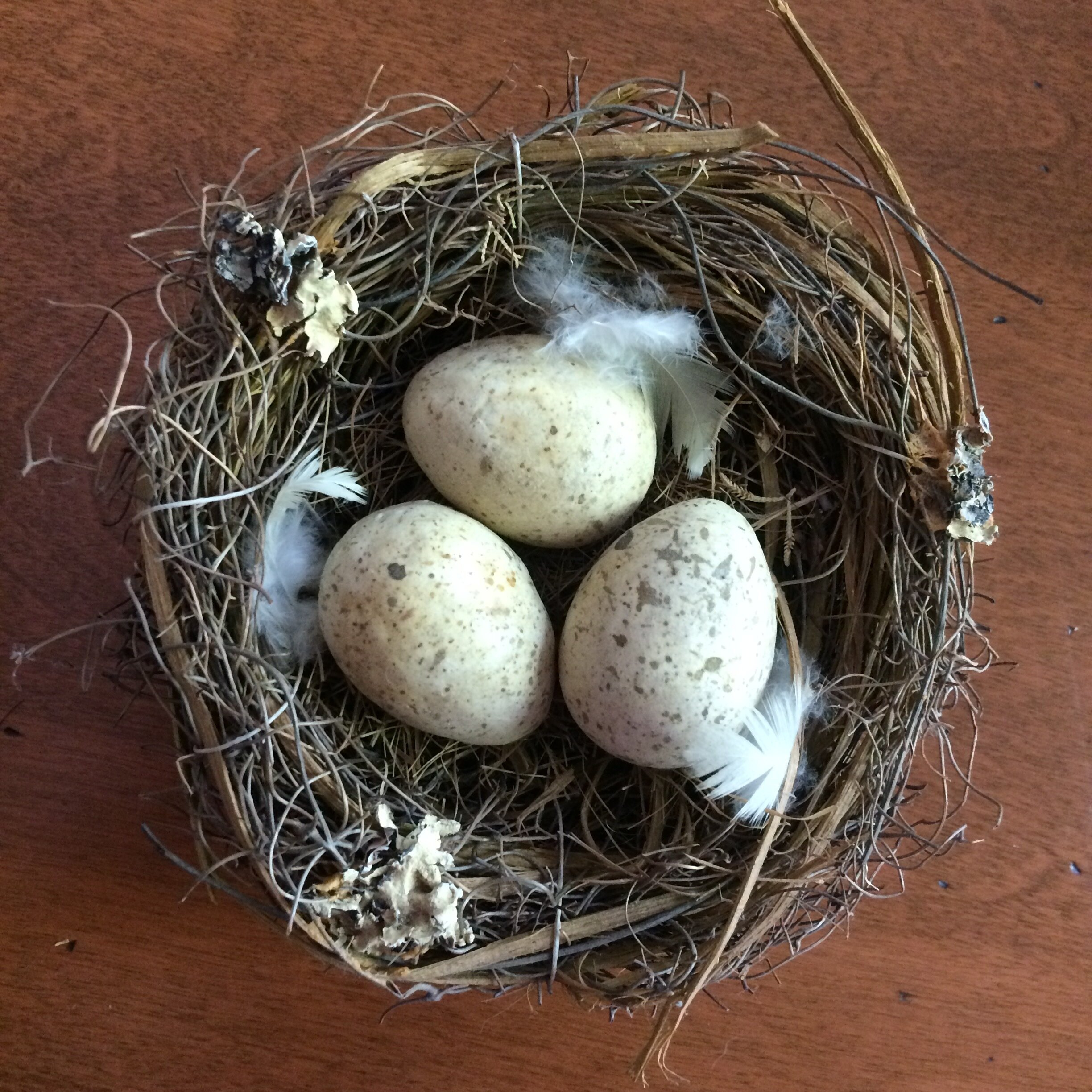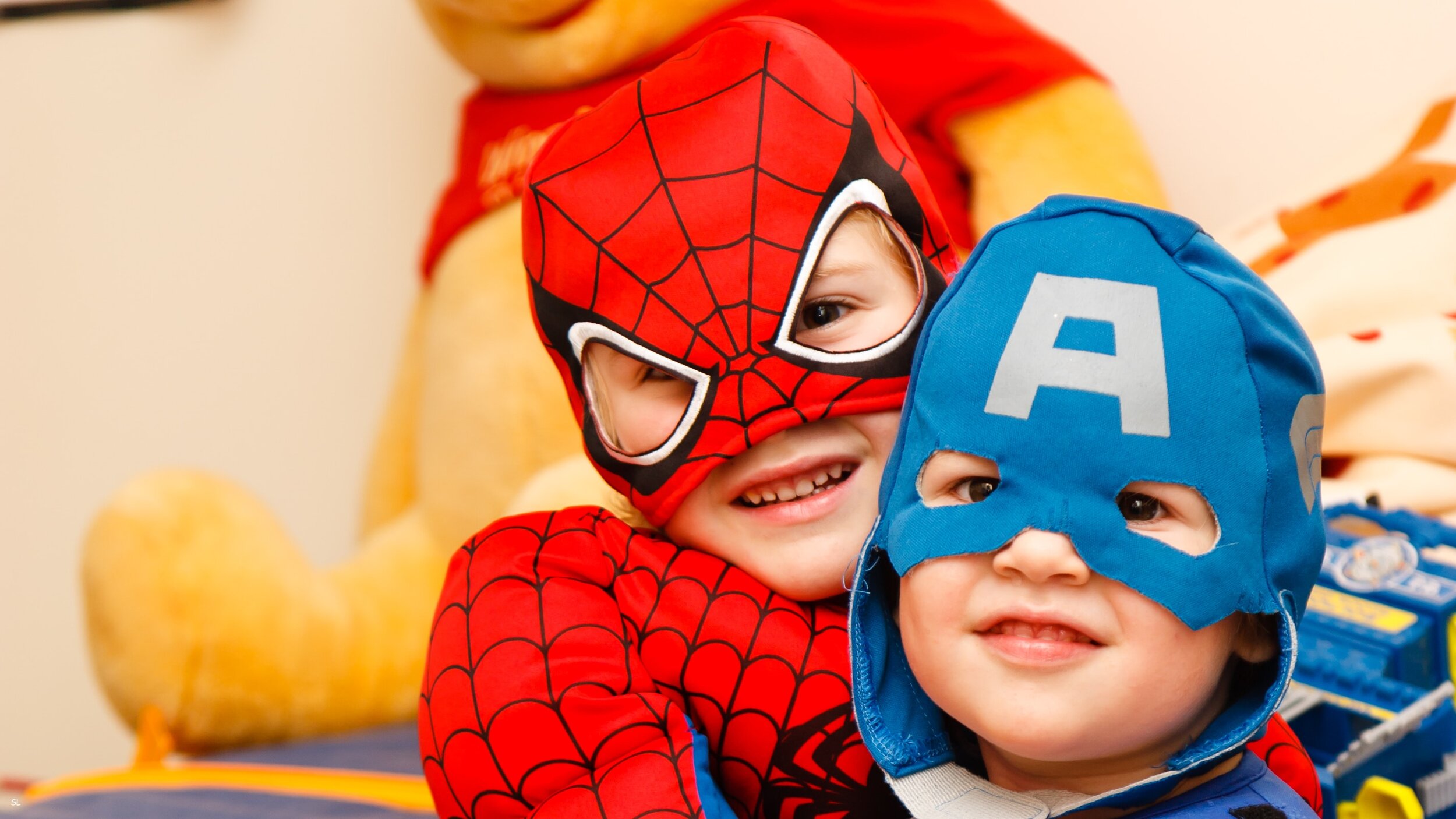Back-to-school season typically marks a rite of passage for parents of high school grads: the moment when that young person officially leaves the nest to head off to college or university.
Clearly, things are going to be a little different this year, with many students who would normally be leaving the nest living at, and studying from, home.
This was the focus of my most recent parenting column for CBC Radio. What follows are a few highlights of that conversation.
What having a not-so-empty nest may mean for parents….
Most of the empty nest research, which, admittedly, was conducted back in pre-pandemic times, found that having kids leave the nest is a milestone moment for parents—an indication that they’ve done their job by preparing their children to head out into the world on their own. So if kids aren’t able to do that this fall, some parents may find themselves grappling with a misplaced sense of guilt or even failure. They might even feel like they’re being harshly judged by other people for having kids who aren’t quite “ready to launch” right now.
It’s important for parents to recognize what’s triggering those kinds of feelings—deep-rooted cultural scripts that tell us that kids are “supposed” to leave home at a particular stage in their development—and that it’s our job as parents to prepare them for that moment. If the timing is off (our kids don’t “launch” at the expected time)—or if the kids have to “boomerang” back home again (as may very well happen this fall, depending how the next wave of the pandemic plays out on the college and university campuses that did choose to remain open), parents can be left feeling like they’ve failed at parenting!
If you’re a parent who is experiencing some of these misplaced feelings of guilt and failure, it’s important to know how to chase them away. The best strategy is to recognize and talk back to them: to remind yourself that you haven’t failed as a parent simply because your child hasn’t been able to leave the nest this fall as planned. You’re simply dealing with the fallout of a global pandemic—a situation that’s changed the entire landscape of parenting.
Of course, if you’ve spent the past year or two anticipating this moment—perhaps looking forward to having a little more time for yourself at this point in your life—you might be feeling a bit frustrated, or even discouraged, about the way things have played out this fall.
Or you might be feeling quietly joyful about the fact that you’re going to get to enjoy some bonus time as a family living under the same roof.
Or you might be feeling disappointed for your child—really empathizing with what they feel they’re missing out on by not being able to enjoy a more typical college or university experience.
Or you could be feeling all those feelings all at once! There’s no one-size-fits-all emotional response to any parenting experience and you’re definitely not limited to a single emotion. It’s okay to be feeling whatever it is you’re feeling.
…and for college- and university-aged kids
Young adults who find themselves attending college or university remotely this fall are definitely going to be feeling all the feelings, too.
They might be feeling really disappointed about not having the opportunity to spread their wings and leave the nest (this on top of the layers and layers of disappointments they’ve already faced this year, like not having a “normal” last year of high school or anything even remotely resembling a “normal” high school graduation).
They might be feeling angry about having to be treated like “little kids,” living at home with their parents at a point in their lives when they feel incredibly grown up and they want to be recognized as such by the wider world.
They might be feeling worried that they’re missing out on something magical or irreplaceable about in-person campus life. We have a tendency to tell high school students that college or university are going to be “the best years of your life!” which may or may not actually be true. But if that’s what you’ve been hearing for the past few years, of course you’ll be disappointed about missing out on that.
And, at the same time, they may be feeling secretly relieved about not having to deal with the risk of contracting COVID-19 on campus. Some of the stories of campus outbreaks in other jurisdictions have been pretty alarming, to say the least. They might be okay with the idea of hibernating at home.
Making the situation a little less stressful for yourself and your young adult child
Wondering what you can do to make the situation a little easier and less stressful for yourself and your child? Here are a few tips.
Acknowledge and validate whatever it is they’re feeling. The situation is hard for everyone.
Be patient with one another. Give one another the benefit of the doubt when misunderstandings occur and err on the side of kindness as much as possible.
Remind yourself that your relationship with your young adult is going through a period of transition and that it takes time to figure this stuff out. There will be times when you’ll be guilty of treating your young adult like a little kid and times when they’ll be guilty of acting like a little kid! Your goal is to respect their growing autonomy while also maintaining that all-important sense of connection: anchoring them with the security of your love while giving them the freedom they need to figure out who they are and how they fit into the world (well, to the extent that this is possible for any young person right now).
And, finally, instead of treating the months ahead as something negative—say, an unwelcome exercise in forced togetherness that is cramping the style of all concerned—try to flip that negative thinking on its head by reframing it as something positive: the chance to enjoy some bonus time as a family living under the same roof. The gratitude research tells us that it’s easier to feel grateful about a particular experience when you acknowledge that time is scarce—which could be as simple as thinking of the months ahead as a precious and limited time offer. Sure, we don’t know exactly what that means in practical terms—how many more weeks or months we’ll have together—but that doesn’t have to stop us from savouring the gift of this extra time, because it really is a gift—an unexpected extra inning in your life as a parent.
Ann Douglas sparks conversations that matter about parenting and mental health. She is the weekend parenting columnist for CBC Radio and a bestselling parenting book author. Ann is the creator of The Mother of All Book series and the author, most recently, of Happy Parents, Happy Kids and Parenting Through the Storm. A passionate and inspiring speaker, Ann delivers keynote addresses and leads small-group workshops at health, parenting, and education conferences across the country.




